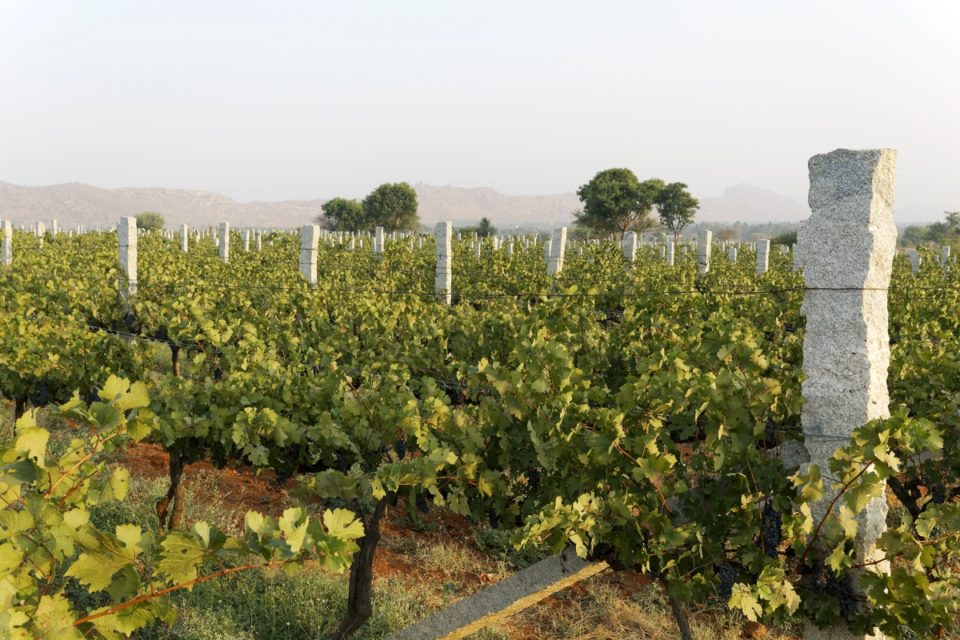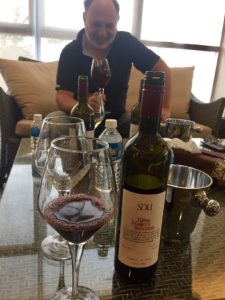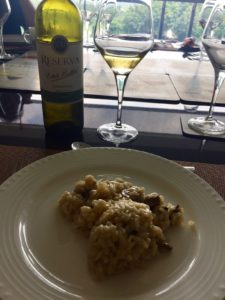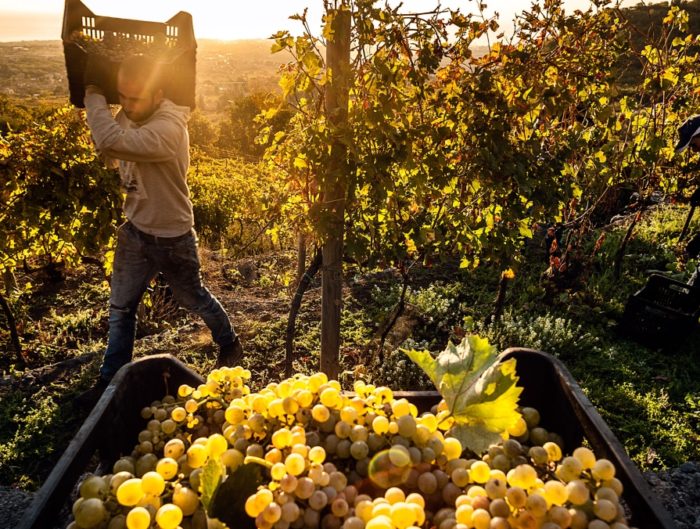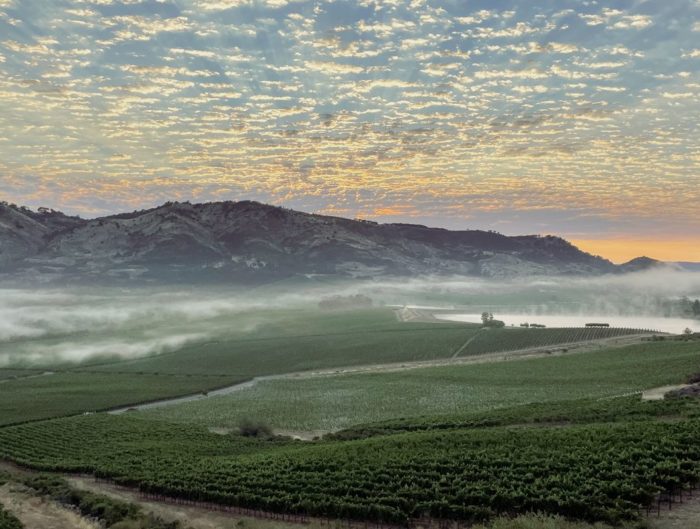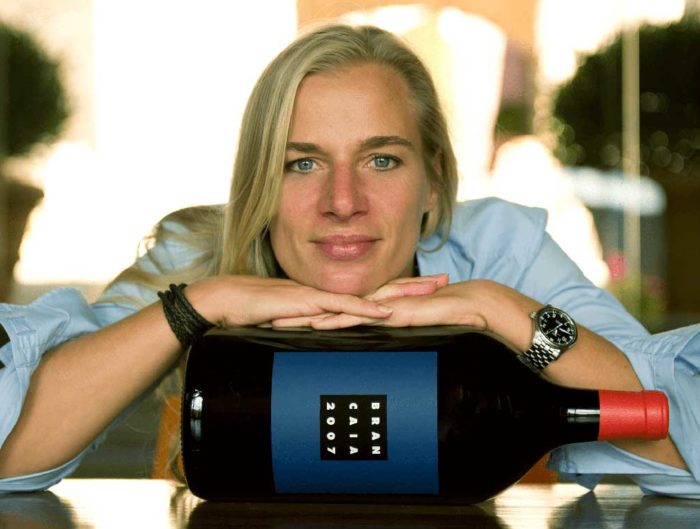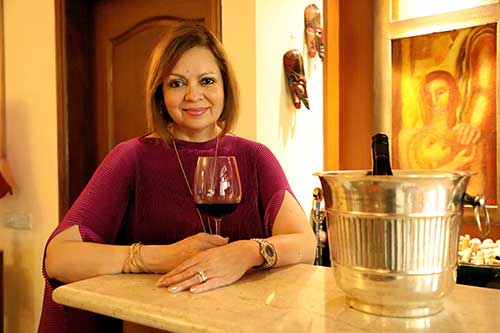The boutique SDU Winery in Karnataka’s Nandi Valley is all set to amplify its presence with its coming-of-age Winemaker’s Selection wine. And this one has Italy stamped all over it….
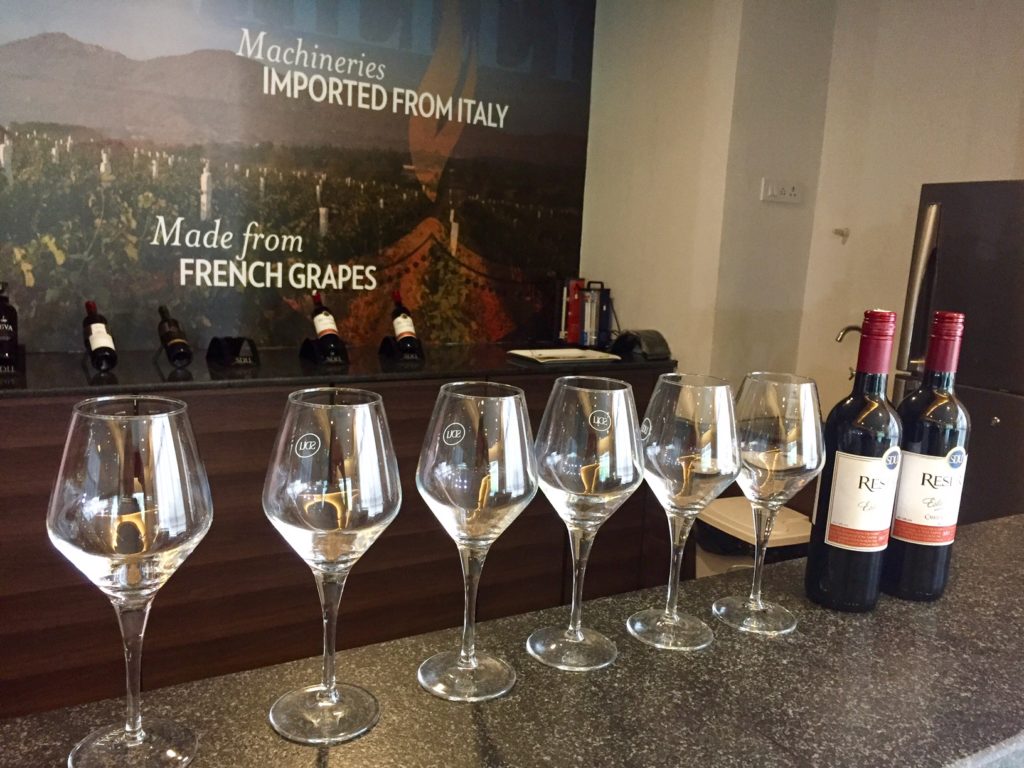 It was in 2014 when people first sat up and noticed Karnataka’s SDU Winery. Mere months after its launch, with little fuss or fanfare, the boutique winery beat India’s biggest wine producers in a blind tasting competition held in Mumbai, Top 25 Finest Wines in India, to claim top spot with its SDU Reserva Syrah 2012 as the best wine in India (read about it here). To add to its stash, three other SDU wines – the Reserva Chardonnay 2012 placed 7th and two of their entry-level Deva range (Cabernet Sauvignon and Chardonnay) also placed at the same competition. As the shock waves receded around the wine industry, SDU retreated to its home nestled in the luxuriant greenery that is Karnataka’s Nandi Valley and life went on.
It was in 2014 when people first sat up and noticed Karnataka’s SDU Winery. Mere months after its launch, with little fuss or fanfare, the boutique winery beat India’s biggest wine producers in a blind tasting competition held in Mumbai, Top 25 Finest Wines in India, to claim top spot with its SDU Reserva Syrah 2012 as the best wine in India (read about it here). To add to its stash, three other SDU wines – the Reserva Chardonnay 2012 placed 7th and two of their entry-level Deva range (Cabernet Sauvignon and Chardonnay) also placed at the same competition. As the shock waves receded around the wine industry, SDU retreated to its home nestled in the luxuriant greenery that is Karnataka’s Nandi Valley and life went on.
But the retreat was tactical, as SDU’s owner Shambhavi Hingorani and chief winemaker Andrea Valentinuzzi went about their business quietly making their wines. So three years on, curiosity drove me to seek them out again. What improvements might I see? Valentinuzzi was visiting Bengaluru to oversee the bottling, and this would be an interesting revisit.
So on a bright, sunny Sunday morning, I took the 90-minute drive to the winery with SDU business head, Mohit Nischol. I watched the landscape change as we drove along; the abundant treeline got more verdant as we drove past Karnataka’s TG Halli reservoir. Nischol pointed out SDU’s own TG Halli vineyards dotting the far landscape. The other SDU parcel, ID Halli was two hours away, both vineyards totalling 75 acres of vines. “Our vineyards grow 60% Syrah, 30% Cabernet Sauvignon with the rest Chardonnay and a little Chenin Blanc,” he told me. SDU makes about 10,000 cases a year, split between Deva (80%) and Reserva (20%). While the Deva range starts at Rs 590 for 750 ml (in Telengana), the Reservas are from Rs 900 (Karnataka only). “The Deva is made to be drunk young by early wine drinkers and our USP is affordability.” A Deva Chenin Blanc is to be added to the portfolio shortly.
Despite their early victory just months after their official launch, SDU decided against testing their mettle at many wine competitions. “We were too young and preferred being selective,” Nischol explains. The focus has been on the markets in India’s south and SDU Deva is currently available in Karnataka, Telengana (newly adopting wine-positive measures, he adds), Kerala, Pondicherry and Goa. “The Wine Board is making a good effort, but a movement needs to happen and that can only happen if the government joins hands with the Indian wine industry to promote the cause of wine.”
Soon, we wound our way past the scenic Makalidurga hill range – a destination for trekkers and climbers – and pulled into the winery driveway. The winery is built like a gracious home, and in part, it is one – the owner’s, who often retreats here for quiet family time. There is a spacious, cheery terrace overlooking more lush greenery, a verandah dining and BBQ space opening out from a chic, comfy lounge dominated by a long bar counter. Valentinuzzi is in the kitchen where he’s been cooking lunch, I’m told – he loves to cook. That’s delightful. I have never had both food and wine made by the same person and I can’t wait.
Valentinuzzi is a maverick winemaker. As an old India hand of 13 years with Maharashtra’s Vintage Wines (Reveilo) and five with SDU, both from day one of their operations, he is now familiar with the Indian wine industry. He visits SDU several times annually during both harvest and bottling, while the rest of the time the vineyards are handled by assistant winemaker Avala Reddy, winery manager Babu and their team. “The team makes things a success, it’s not about me,” he says and introduces me to each one as we walk through the winery. The winery is gleaming -their hygiene standards are stringent. He chuckles, “I drive them crazy on hygiene. You know wine is a living thing, difficult to manage. If you try to save on soap bills you spoil 10,000 litres of wine in the process. So I’ve trained my team on my own winery procedures from scratch. I want to sleep well at night.”
The risotto is ready so lunch won’t wait, he warns. We move to the dining table where he dishes out the food. A glass of the SDU Reserva Chardonnay 2013 is poured with his mushroom and chicken risotto and the pairing is delightful. The SDU Reserva Cabernet 2013 comes with the barbequed lamb and chicken and more than holds its own. The meal is delicious, satisfying and the wines do their job perfectly.
Lunch done, we whisk off downstairs into the winery, entering the air-conditioned barrel room, where French oak barrels lay on eucalyptus wood racks. Valentinuzzi runs his hands over the grain of the wooden barrels, pointing out each notch and ring. They are built at small, niche tonnelleries (cooperages), Sylvain and Orion. They pay a premium, but it’s worth it, he says, the smallest details matter to make a quality final product “We are truly a boutique winery and our control over our vineyards and winemaking is absolute. This focus on quality is the reason we survive – we lack the size of the big players in the Indian wine industry.”
Valentinuzzi’s mantra, oft repeated since our first meeting five years ago is that quality begins in the vineyards. “If you don’t grow good grapes, how can you make good wine? If you are buying grapes from farmers who are pushing up their yields for money, how can the wine be good?”
We are walking through the “heart of the winery”, all gleaming steel and glass brought all the way from Italy. The wines lie in the tanks awaiting bottling and the peace will soon be punctuated by the clatter of the bottling process (the capacity is currently at one and a half lakh litres). The Italian-made bottling and labelling machines are good to go. “Our capacity is 1500 bottles an hour. Small for some but big for us.” All SDU wines feature quality Italian screwcaps and the distinctive labels of the reservas and Winemaker’s Selection are also from Italy: stark, embossed parchment-style for the latter.
Valentinuzzi speaks animatedly and buzzes with energy (Nischol tells me during harvest he often works 10-12 hours without a break); yet he jokes, relishes a spot of industry gossip and enjoys throwing little nuggets your way and waits to see your reaction. The afternoon whizzes by without a dull moment.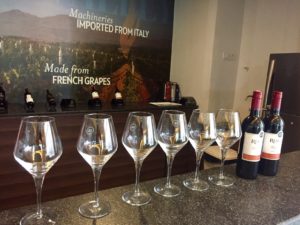
Then it’s time for the tasting.
We start with the Reserva wines and move to the Winemaker’s Selection 2014 (see tasting notes below). This one reminds me of a baby Amarone. It is rich, bold and beautiful, the tannins mouth-filling yet well-integrated and lingers in the end like the sunset over Santorini. Only 999 bottles were produced in 2014 and it is sold ex-winery on special request. I had tasted it a year ago, and boy, how this baby has grown.
Should the wine competition for the best wine brands be held today, SDU with its reservas and its Winemaker’s Selection would also be a strong contender. “Wines develop very fast here due to the climate. You can’t produce a wine in India that must wait 10 years to mature,” says Valentinuzzi. “This one is my creation, I decide on the best grapes of the vintage to put into the blend and in which proportion to use them. This isn’t made every year. It isn’t an aperitif wine; it’s a meditative one. Finish your dinner, sit with a cigar and a glass of this wine and dream of the day gone by.”
Tasting Notes:
SDU Reserva Chardonnay 2013: 100% Chardonnay. An elegant golden wine currently drinking at its peak. Noticeable fruit, well integrated with oak, which speaks out but doesn’t dominate the fruit. Medium body and intensity, and a lingering finish. Good with pasta, risottos and gently spiced Indian food. 12.5% alcohol.
SDU Reserva Cabernet Sauvignon 2013: 100% Cabernet Sauvignon. Chocolate, dark fruit and tobacco on nose and palate with distinct but not overwhelming tannins. This is a well-balanced, full-bodied wine with a long finish. Great with red meat dishes and barbecue. 14% alcohol.
SDU Winemaker’s selection 2014: A blend of the estate’s best Syrah, Cabernet Sauvignon and Sangiovese grapes. A rich ruby-hued wine with notes of cake-rich spices and blackberries. Intense, mouth-filling and lingering on the palate. Developing very well with potential to age longer. Only 999 bottles made,14% alcohol.
The SDU Reserva wines are currently available only in Karnataka: Reserva Syrah Rs 900 (€11), Reserva Chardonnay and Cabernet Sauvignon Rs 1000 (€14). The Winemaker’s Selection is available on request at Rs 1500 (€20).
The SDU Deva range is available in Telengana (Rs 590 or €8 for Syrah, Deva Chardonnay and Cabernet Sauvignon Rs 800 or €10 and in Kerala (Rs 810).
To buy the SDU Winemaker’s Selection or to plan a winery visit, contact Mohit Nischal:+918023564492 or email info@sduwinery.com or mohit@sduwinery.com

